In the News
-
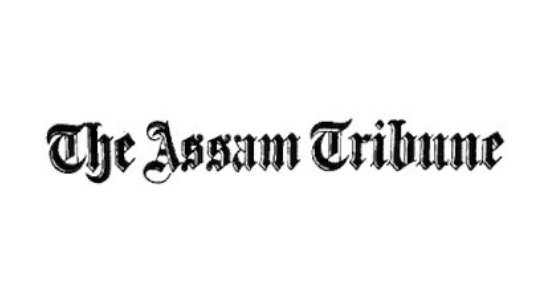 7 February 2019
7 February 2019WB watchdog flays failure to deliver on commitments to tea workers
In this article, the Assam Tribune covers our case in Assam highlighting the CAO monitoring report which found that the International Finance Corporation and Tata Group plantations have failed to deliver on commitments to address serious health and safety concerns facing the 155,000 people that live and work on tea plantations it owns in India’s North East. -
 6 February 2019
6 February 2019Pregnant women are risking their lives to bring people tea
In this CNN article, Swati Gupta covers the gendered impacts of serious health and safety issues rampant on tea plantations in Assam, some of which are owned by IFC and Tata Global. -
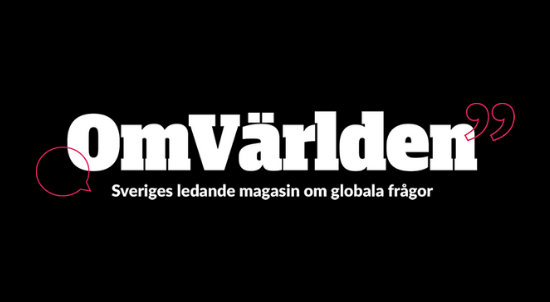 4 February 2019
4 February 2019Fem bra saker som hände i januari
Bönder får rätt i marktvist på Haiti, miljontals träd har planterats i Myanmar och entreprenörskap i Ghana tar itu med plastskräpet. Det är några av januaris hoppfulla nyheter. -
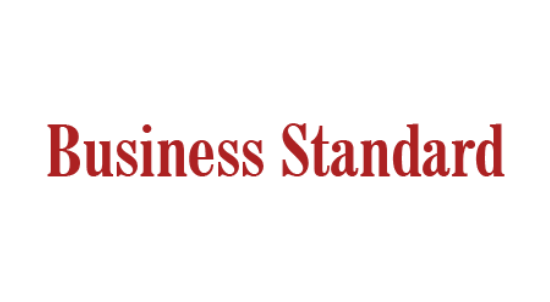 4 February 2019
4 February 2019IFC failed to ensure workers’ safety at APPL plantations: WB investigator
In this article, Kumar Sambhav Shrivastava highlights the findings of the World Bank’s official investigator in which the IFC had failed to address the health and safety concerns of thousands of workers and their families living in Tata group’s tea plantations in India’s Northeast. Accountability Counsel will continue to support and advocate for tea workers in Assam. -
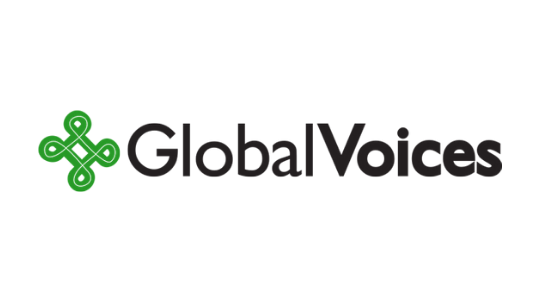 29 January 2019
29 January 2019Displaced farmers’ coalition reclaims their road to sustainable livelihoods years after Haiti’s devastating earthquake
In this article, Janine Mendes-Franco tells the story of a recent victory in Haiti involving a collective of farmers, who were adversely impacted by a bank-financed industrial park, and won a settlement with the Inter-American Development Bank and the Haitian government. Accountability Counsel supported the Haitian farmers throughout the negotiation process and will continue to support the implementation phase. -
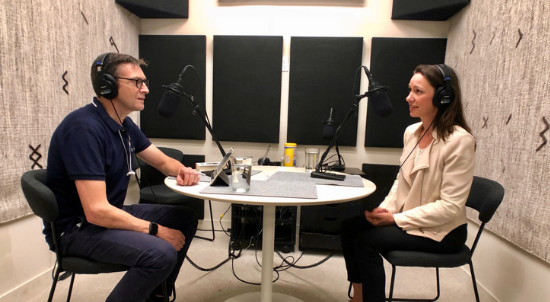 23 January 2019
23 January 2019Empowering the Powerless and Changing The World From The Bottom-Up: Natalie Bridgeman Fields
AC’s Founder & Executive Director Natalie Bridgeman Fields is featured as a guest in the latest episode of The Impossible Network podcast. -
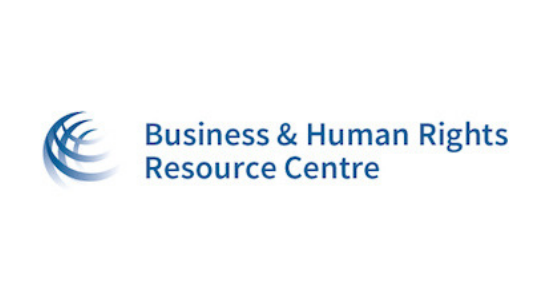 14 January 2019
14 January 2019Haiti Farmers Demanded Justice After Losing Their Land – Their Victory Shows What Empowering Workers Can Achieve
In this BHRRC article, AC’s Lani Inverarity reflects on the historic agreement reached by a group of Haitian farmers last month, and how the 2010 earthquake anniversary now holds the possibility of transformation and renewal. -
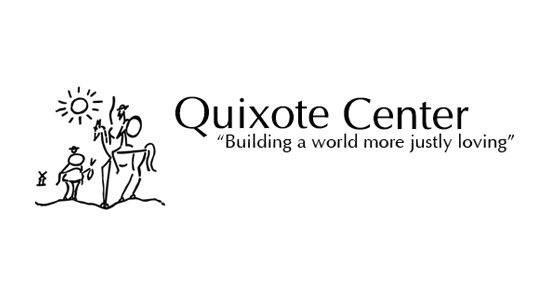 11 January 2019
11 January 2019Haiti Update: Grassroots Victory in Caracol
In this article, Tom Ricker describes the historic agreements reached by a collective of farmers in Northeast Haiti to restore livelihoods that were lost when they were displaced for an industrial park. Accountability Counsel supported the Haitian farmers to reach these agreements through a dialogue with a development bank that financed… -
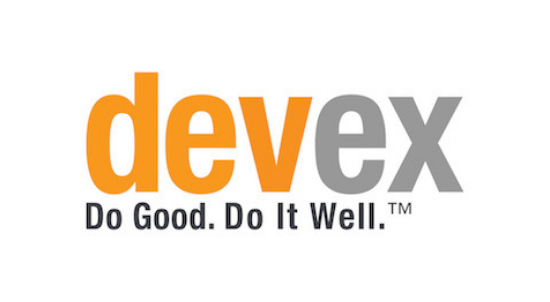 11 January 2019
11 January 2019IDB Settles Accountability Case in Haiti, Granting Land to Farmers
In this article, Teresa Welsh highlights the recent victory in Haiti where a group of farmers, who were adversely impacted by a bank-financed industrial park, won a settlement with the Inter-American Development Bank and the Haitian government. Accountability Counsel supported the Haitian farmers throughout the negotiation process and will continue to support the implementation phase. -
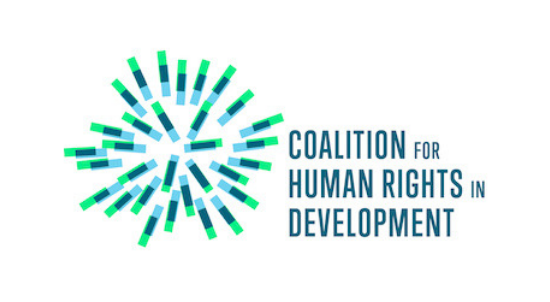 10 January 2019
10 January 2019Coalition Members Comment on Resignation of World Bank President
The President of the World Bank Group, Jim Yong Kim, announced he is stepping down from his position this February 1, 2019 to take a position with Global Infrastructure Partners, a private investment firm that did extensive business with the Bank during Kim’s tenure. -
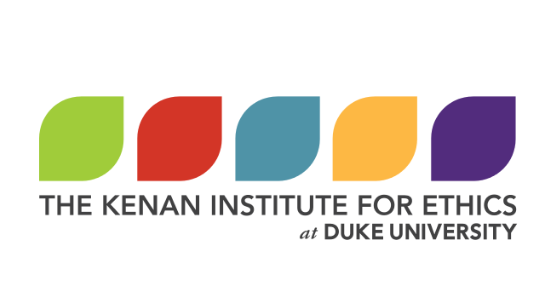 9 January 2019
9 January 2019Former Pathways Intern Continues Work to Protect Human and Environmental Rights
In this article, as a former Pathways Intern, Sydney Speizman reflects on her experience working at Accountability Counsel as the Executive Coordinator. -
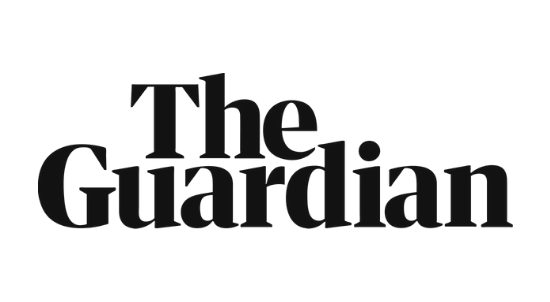 20 December 2018
20 December 2018The Upside Weekly Report
Haitian farmers we supported and their recent victory is featured as this week’s upside in The Guardian’s Upside Weekly Report, 14 December 2018. -
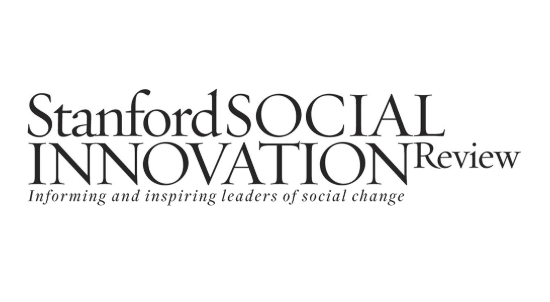 20 December 2018
20 December 2018Three Community Feedback Tools for Impact Investors
In this SSIR article, Gayle Peterson discusses three community feedback tools for impact investors. Accountability Counsel’s Liberia case is highlighted in this article. -
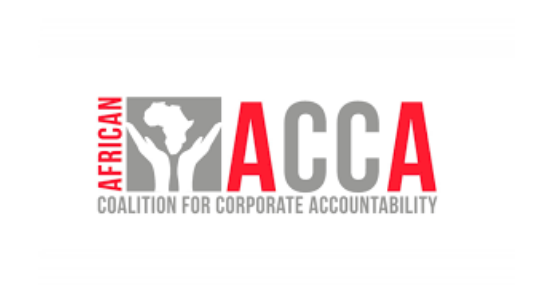 11 December 2018
11 December 2018Protecting Communities’ Rights in Africa: Reflections on the 2018 ACCA General Assembly
In this article, Policy Associate Stephanie Amoako reflects on the 2018 African Coalition for Corporate Accountability (ACCA) General Assembly which took place in Nairobi, Kenya. This year’s General Assembly focused on Free, Prior, and Informed Consent (FPIC), where participants charted a way forward for empowering communities whose lives will be affected by projects in Africa. -
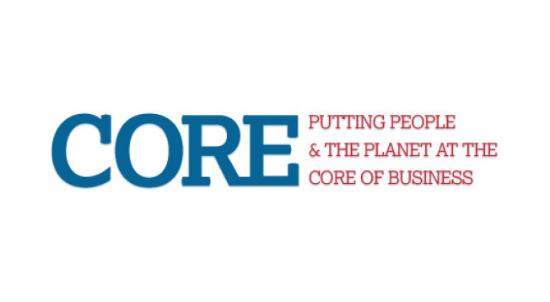 11 December 2018
11 December 2018U.K. Companies Can Help Break the Cycle of Poverty Wages on Assam’s Tea Plantations
In this article, Asia Director Anirudha Nagar discusses the grim reality facing workers on tea estates in Assam and the role of British tea companies in ensuring protection of workers’ rights. Accountability Counsel, CORE Coalition and other civil society organizations are urging major British tea brands and retailers that source tea from Assam to help break the cycle of poverty wages. -
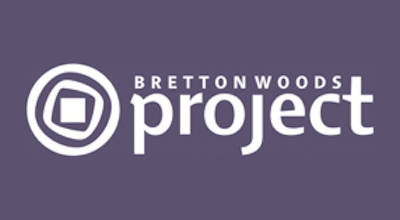 6 December 2018
6 December 2018Inspection Panel and Compliance Ombudsman Advisor reviews: Will World Bank fill the half-empty glass?
In this article, Bretton Woods Project highlights last month’s meeting of the Independent Accountability Mechanisms Network (IAMnet) in Washington, D.C. The article underscores civil society organisations’ call for the World Bank Group to use its Inspection Panel (IPN) and Compliance Advisor Ombudsman (CAO) reviews to address existing accountability gaps. -
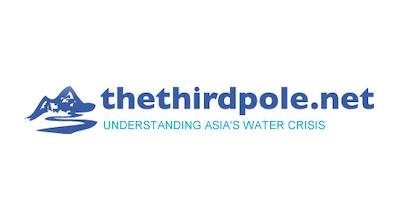 29 November 2018
29 November 2018Web of Concerns Over Transmission Lines in Nepal
Our Asia Communities Consultant Siddharth Akali and partner Shankar Limbu of LAHURNIP call on the European Union to ensure that communities in Nepal are made whole on the loss they suffer as a result of its transmission lines and associated hydropower sector development. -
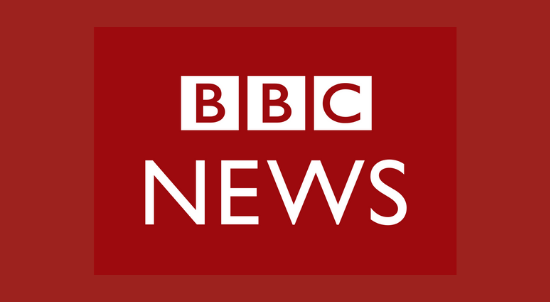 27 November 2018
27 November 2018What Made a World Bank Team go to Jharkhand (विश्व बैंक की टीम को क्यों जाना पड़ा झारखंड)
पानी पर हक़ और ‘हिस्सेदारी’ के सवाल पर गिद्धीझोपड़ी गांव में बवाल मचा है. पूर्वी सिंहभूम ज़िले के गोलमुरी प्रखंड का ये गांव झारखंड के औद्योगिक शहर जमशेदपुर से कुछ ही किलोमीटर की दूरी पर बसा है. क़रीब 2500 लोगों की आबादी वाले इस गांव में अधिकतर घर संथाली आदिवासियों… -
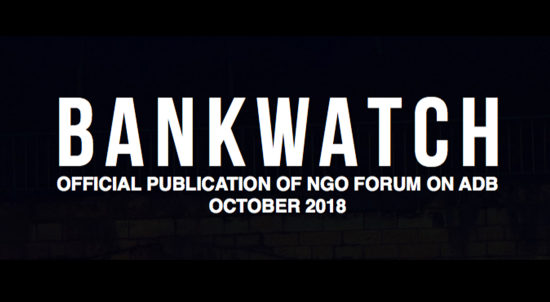 21 November 2018
21 November 2018Pillars for the Future of Development Finance in Asia
Our Policy Associate, Stephanie Amoako’s, recent article, “Pillars for the Future of Development Finance in Asia,” is featured in the October 2018 issue of NGO Forum on ADB’s Bankwatch publication. In the article, Amoako calls on the Asian Development Bank to prioritize community engagement and access to effective remedy at the forefront as it looks to the future of development finance in Asia. Read the full article here. -
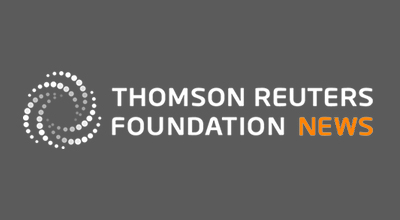 16 November 2018
16 November 2018British brand Clipper promises slave-free tea
In this Thomson Reuters Foundation article, British tea brand Clipper is reported to have released a list of its Indian suppliers on Thursday, joining a growing campaign to improve worker conditions in the state of Assam and rid the industry of widespread abuse. Our Asia Director, Anirudha Nagar, is quoted in this article saying “The publishing of supplier lists by some UK brands is a step forward in the struggle for better living and working conditions for Assam tea workers”.

